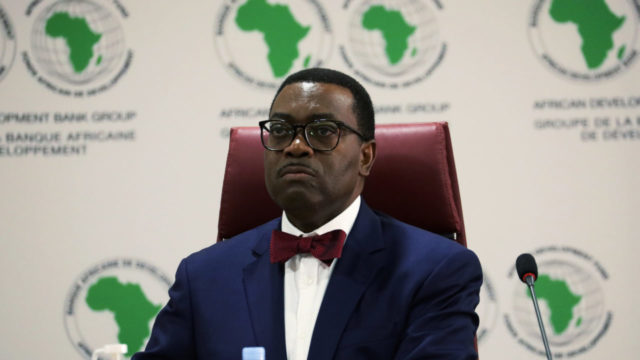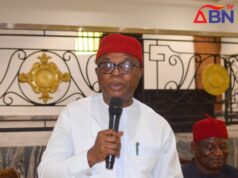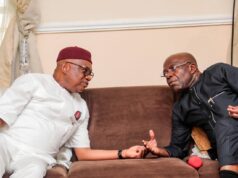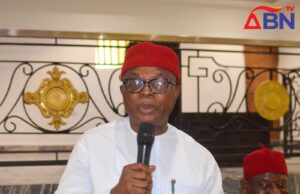The President, African Development Bank Group, Dr Akinwunmi Adesina has said the future of Nigeria depends on what it does today with its dynamic youth population, stating that the demographic advantage must be turned into a first rate and well-trained work force, for Nigeria, for the region and for the world.
Delivering a convocation lecture at the American University of Nigeria, Yola, titled, ‘Building a new Nigeria: Imperatives for shared prosperity,’ Adesina said there must be deliberate efforts to empower the youth.
“We should prioritise investments in the youth: in upskilling them for the jobs of the future, not the jobs of the past; by moving away from so-called youth empowerment to youth investment; to opening up the social and political space to the youth to air their views and become a positive force for national development; and for ensuring that that we create youth-based wealth.
“From the East to the West, from the North to the South, there must be a change in economic, financial, and business opportunities for young Nigerians. The old must give way to the new. And there must be a corresponding generational transfer of power and wealth to the youth,” he said.
The AfDB boss said Nigeria needed to learn from Singapore that has almost similar demography, by prioritising meritocracy, maintaining that any society where meritocracy is subjugated to aristocracy, ethnocracy or religiocracy eventually tends towards mediocrity.
He stated: “Nigeria must learn from this experience and forge a new way of engaging among its diverse ethnic groups and religions. Nigeria must start managing its diversity for prosperity. We must drive for national cohesion, not ethnic nationalities.
“We must address the fundamental reasons for agitations, by listening, understanding, removing prejudices, and allowing for open, national dialogues, without preconditions, but with one goal: build one cohesive, united, fair, just and equitable nation for all, not for a few or for any section of the nation or religion.”
Adesina said unless someone can live in any part of the nation, work within the laws and not be discriminated against, based on religion, race or culture, or place of birth, they will always be strangers in the nation.
“Regardless of how long you have resided in any place, you cannot run for political offices in those states or locations, just because you were not born there. State governments, therefore, largely reflect nativism not residency, which further sends a message to non-indigenes that they do not belong. Over time, this has created greater insularism, splintering, a lack of inclusiveness, the promotion of ethnic and religious chauvinism, instead of promoting national cohesion, trust and inclusiveness.
“This needs to change. Governments must be open to representation based on nationality not on ethnicity, to build a society of mutual trust, where diversity is well managed,” he said.
Guardian










